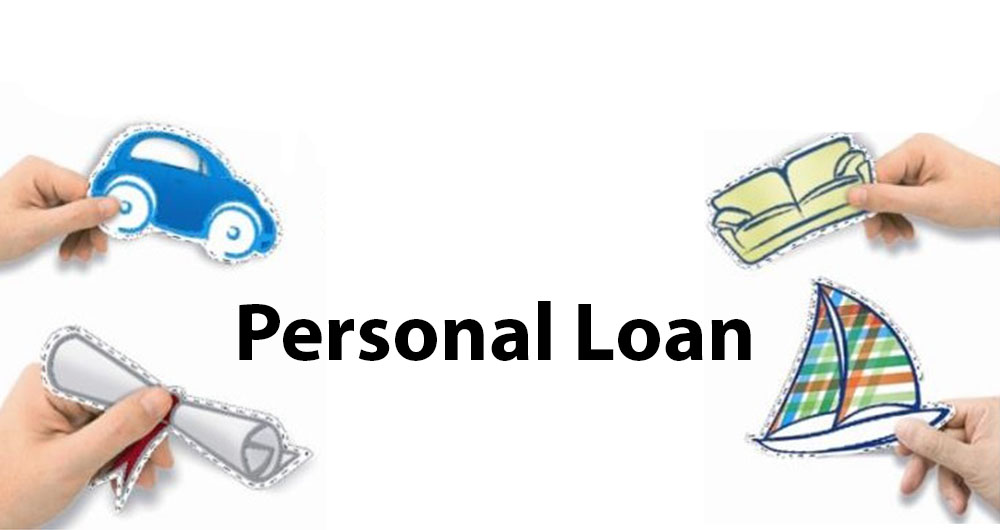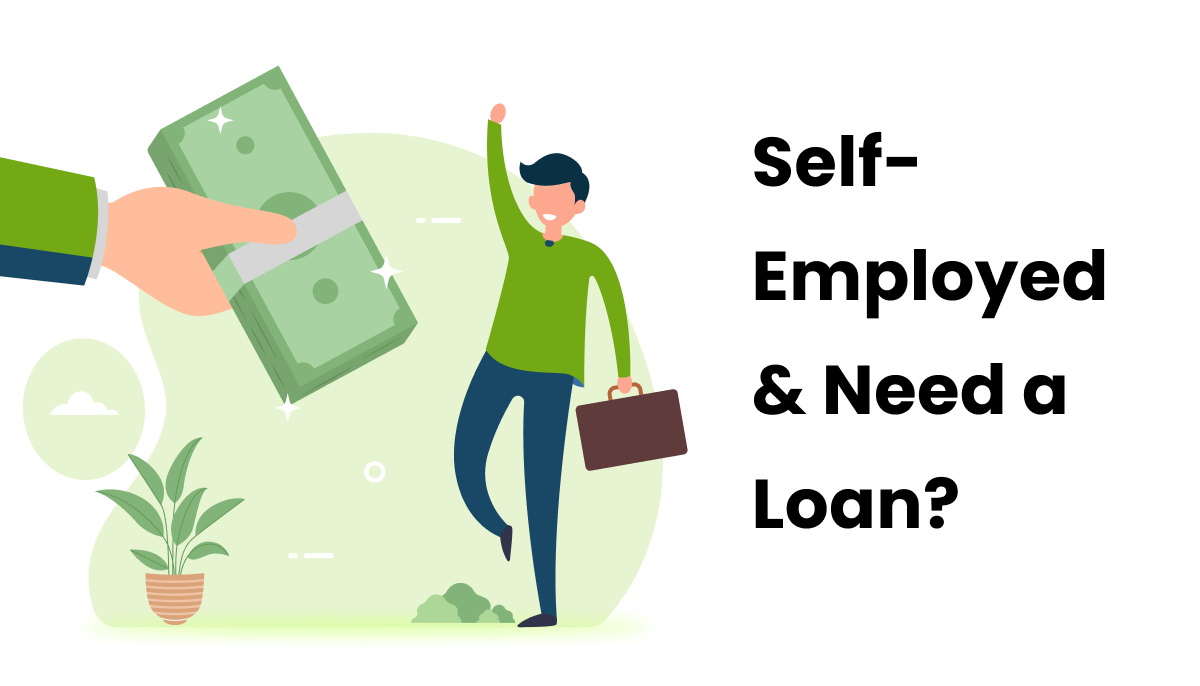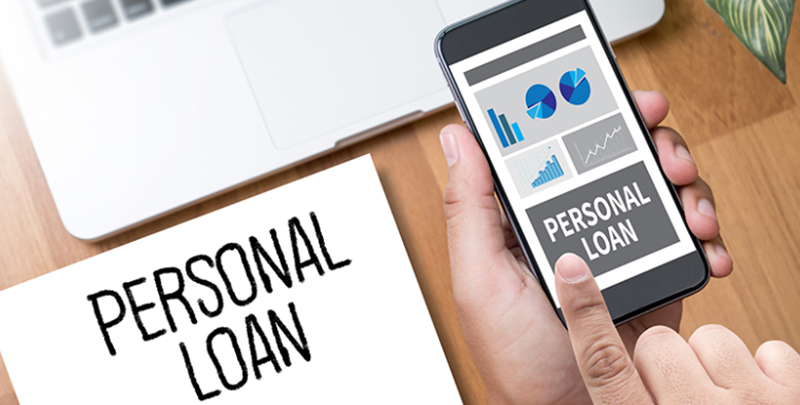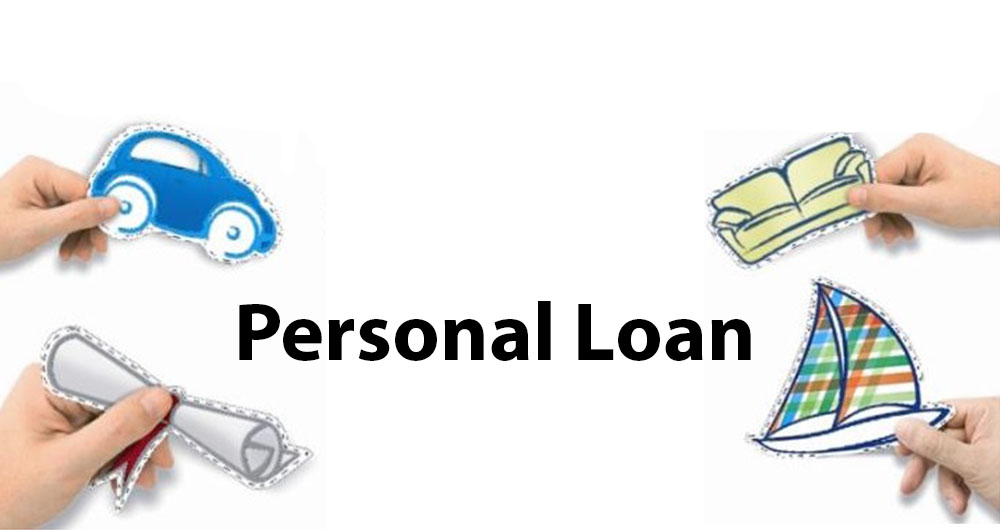For many individuals, a low credit score can feel like a roadblock to financial stability. When faced with an emergency or a need for a large purchase, securing a loan can seem impossible. However, the lending landscape has evolved, and finding a personal loan for bad credit is no longer a myth. While it may come with different terms and a higher interest rate, there are legitimate options available to help you get the funds you need. This comprehensive guide will provide a detailed roadmap, from understanding why your credit score matters and how it affects your loan terms, to exploring the best types of lenders and actionable strategies to improve your chances of approval. By the end, you will be empowered with the knowledge to navigate this challenging market and take a step towards rebuilding your financial health in 2025.
Understanding Bad Credit and Its Impact on Lending
Before we dive into the solutions, it’s crucial to understand what a “bad credit score” is and how it influences a lender’s decision. This knowledge is the first step towards finding the right loan.
What is a “Bad” Credit Score?
A credit score is a numerical representation of your creditworthiness. While the exact ranges may vary by credit bureau and country, a “bad” credit score is generally considered to be below a certain threshold (e.g., below 600 in the US FICO scale). A low score indicates to lenders that you have a higher risk of defaulting on your loan. This is often a result of past financial mistakes, such as late payments, high credit card utilization, or a history of defaults on loans.
- The Psychology of a Lender: Lenders are in the business of assessing risk. A good credit score signals reliability, while a bad credit score signals potential risk. For a lender, this means they are more likely to offer a loan with a higher interest rate to compensate for the increased risk. This is a crucial concept to grasp. You are not being “punished”; the lender is simply adjusting their offer based on the perceived risk of a potential borrower.
- The Vicious Cycle: Many people with bad credit get trapped in a vicious cycle: they need a loan, but they can’t get one at a reasonable rate, so they turn to high-interest options, which can make their financial situation even worse if not managed carefully. This guide is designed to help you break that cycle by finding a legitimate and manageable loan option.
The Impact on Loan Terms
A bad credit score directly impacts the terms of a loan. Understanding these impacts will help you make a more informed decision.
- Higher Interest Rates: This is the most significant consequence. Lenders charge a higher interest rate to offset the risk of a potential default. The interest rate on a loan for bad credit can be several times higher than for a person with excellent credit. It is important to compare these rates carefully to find a manageable one.
- Lower Loan Amounts: Lenders may be hesitant to lend a large sum of money to a high-risk borrower. As a result, the loan amount you are approved for may be smaller than what you initially requested.
- Shorter Repayment Terms: Lenders may prefer to have their money back faster, so they might offer a shorter repayment period, which can lead to higher monthly payments.
- Additional Fees: Some lenders may charge additional fees, such as origination fees, to process the loan.
Finding the Right Lender and Navigating the Process
The key to securing a personal loan with bad credit is to know where to look and how to approach the application process. Not all lenders are the same.
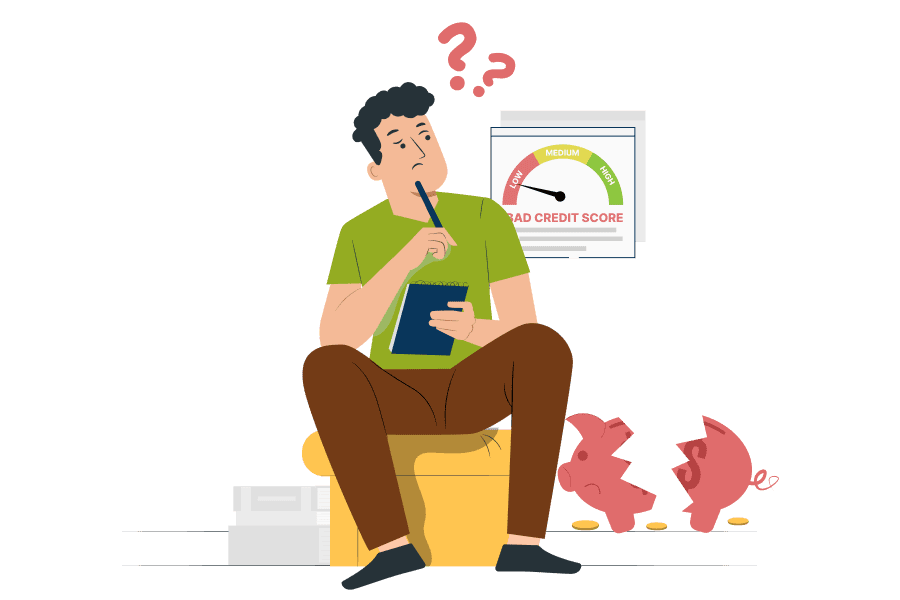
Types of Lenders for Bad Credit
While traditional banks are often a difficult option, there are specific types of lenders who specialize in bad credit loans.
- Online Lenders: Fintech companies and online lenders have revolutionized the market for bad credit loans. They use alternative data (like employment history and cash flow) in addition to credit scores to assess risk. This can result in faster approvals and a higher chance of approval for individuals with a less-than-perfect credit history. They are often more flexible and transparent with their terms.
- Credit Unions: Credit unions are not-for-profit financial institutions that are more flexible than traditional banks. They may be more willing to work with members who have a bad credit score, as they prioritize their members’ financial well-being.
- Lenders that Accept Co-signers: A co-signer is a person with good credit who agrees to take on the responsibility of the loan if you fail to make payments. Having a co-signer significantly increases your chances of approval and can help you secure a lower interest rate. However, a co-signer also takes on a significant risk, so this option requires careful consideration and a strong relationship.
- Secured Personal Loans: While the focus of this article is unsecured loans, a secured personal loan is an alternative to consider. By offering an asset as collateral (like a car or a savings account), you can reduce the lender’s risk and increase your chances of approval, often with a much lower interest rate.
The Application Process and Tips for Success
Applying for a loan with bad credit requires a strategic approach.
- Check Your Credit Report: Before applying for any loan, get a copy of your credit report and check for any errors. If you find mistakes, you can dispute them and potentially improve your score.
- Compare Lenders and Terms: Do not accept the first offer you receive. Use online comparison tools to find the best rates and terms. Read reviews from other users to ensure the lender is reputable.
- Gather Your Documents: Have all the necessary documents ready, including proof of income (pay stubs, tax returns), bank statements, and a valid ID. Being prepared shows the lender that you are organized and serious about the loan.
- Be Honest: Be completely honest on your application. Do not inflate your income or lie about your employment. Lenders will verify this information, and any discrepancies will result in an immediate rejection.
- Explain Your Situation: If you have a legitimate reason for your bad credit (e.g., a medical emergency or job loss), be prepared to explain it to the lender. Some lenders are more understanding of extenuating circumstances.
Beyond the Loan: Rebuilding Your Financial Health
Securing a personal loan for bad credit should be seen as a stepping stone, not an end goal. The ultimate objective is to improve your financial health so you can get better loan terms in the future.
Actionable Steps to Improve Your Credit Score
- Make All Payments on Time: Payment history is the most important factor in your credit score. Make a commitment to pay all your bills and loan payments on time, every time.
- Pay Down Existing Debt: High credit utilization (the amount of debt you have compared to your credit limits) can hurt your score. Focus on paying down your credit card balances to improve this ratio.
- Keep Old Accounts Open: The length of your credit history is another important factor. Do not close old credit card accounts, even if you are not using them.
- Diversify Your Credit Mix: Having a mix of different types of credit (e.g., a credit card and a personal loan) can show lenders that you can responsibly manage various forms of debt.
Avoiding the Debt Trap
- Budget Wisely: Before you take out a loan, create a budget that includes your new monthly loan payment. Make sure you can comfortably afford the payment without sacrificing other essentials.
- Do Not Borrow More Than You Need: Borrowing more money than you need will only increase your debt and make it harder to repay.
Conclusion
A personal loan for bad credit is a viable and often necessary financial tool that can help you get back on your feet. While it may come with higher interest rates and stricter terms, the key is to be a smart and informed borrower. By understanding the factors that influence a lender’s decision, exploring all your options, and taking proactive steps to rebuild your credit, you can secure the funds you need and set yourself on a path toward a more stable and prosperous financial future.



